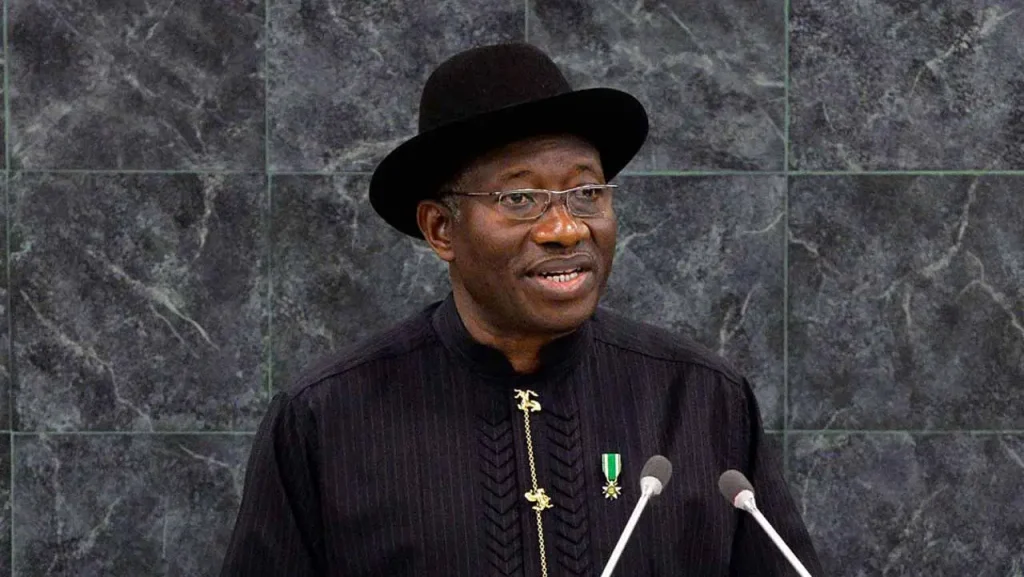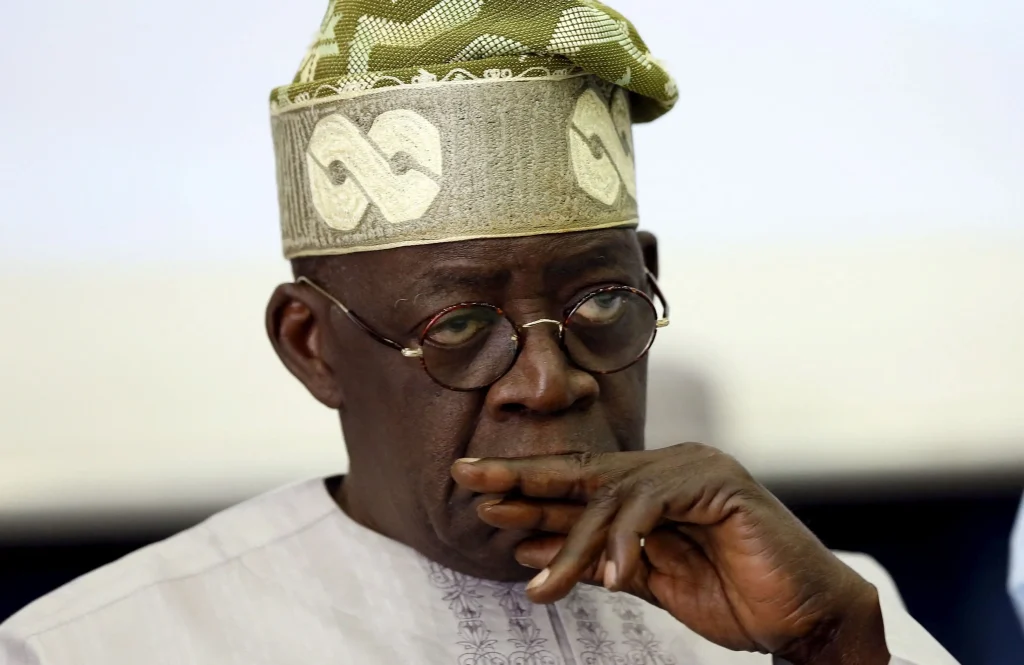Nigeria’s 2024 budget proposal, which allocates a combined N2.18 trillion (8%) for education, N1.33 trillion (5%) for healthcare, and N1.32 trillion (5%) for infrastructure, has drawn criticism from economic analysts due to its N8.25 trillion debt servicing allocation. Presented by President Bola Tinubu, the N27.5 trillion budget was accompanied by key assumptions, including a 21.4% inflation rate, an exchange rate of N750/$, and a crude oil price of $77.96 per barrel. While debt servicing accounts for over 30% of the budget, representing a debt service-to-revenue ratio projected to remain above 60%, experts warn that this focus detracts from essential social and economic development.
The budget’s allocation priorities have raised concern among analysts at Cowry Assets Management Limited and Afrinvest, who describe the opportunity cost of debt servicing as significant. They suggest that diverting resources to productive sectors would better address Nigeria’s high poverty rate, with over 130 million Nigerians currently living below the poverty line. The debt burden has grown substantially, with public debt rising from N49.85 trillion in Q1 2023 to N87.38 trillion in Q2 2023, a quarterly increase of 75.27%.
Despite an improvement in education spending, which has increased from N1.08 trillion in 2023 to N2.18 trillion in 2024, the allocation falls short of UNESCO’s 15% benchmark. Similarly, the health sector’s 5% allocation has led the Nigerian Association of Resident Doctors (NARD) to urge an increase to at least 15% of the budget, especially as Nigeria’s healthcare challenges prompt many citizens to seek medical treatment abroad. In Q1 2023 alone, Nigerians spent $1.04 million on foreign healthcare services, a 40.54% increase from Q1 2022, underscoring a growing reliance on external medical facilities in countries like Ghana and Turkey.
Further budget scrutiny reveals that personnel and pension costs for 2024 amount to N6.48 trillion, representing 35.4% of projected revenue. Capital expenditures are set at N8.70 trillion, higher than 2023’s provision, yet still potentially vulnerable to cuts if revenue projections fall short. Analysts from Afrinvest warn that the budget’s reliance on oil revenues (43.3% of projected income) and an ambitious non-oil revenue target of N10.39 trillion present considerable risk, particularly given Nigeria’s historical difficulty in meeting revenue targets and ongoing challenges like oil theft and insecurity.
Questions have also arisen over sectoral prioritization within the budget. While healthcare receives 5% of allocations, defense and security receive a larger 12% (N3.25 trillion), reflecting a focus on improving security and attracting foreign investment. According to Johnson Chukwu of Cowry Assets Management Limited, achieving projected non-oil revenue growth is uncertain amidst economic and security challenges, further pressuring Nigeria’s fiscal health.
Experts like Professor Adeola Adenikinju of the Nigerian Economic Society contend that the budget has not consistently addressed key social issues, pointing out that despite increasing budgets, poverty, inflation, and unemployment remain high. The 2024 budget’s significant debt servicing allocation may again limit government capacity to meet essential social development needs, with potential delays and reductions in capital projects, compounding already substantial infrastructure deficits and uncompleted projects.
The ambitious budget proposal aims to address economic challenges through planned spending on critical sectors. However, with a projected fiscal deficit of N9.18 trillion—50% of federal revenues and 3.88% of GDP—analysts predict that capital projects and social programs may suffer if revenue targets are unmet, casting doubt on the budget’s ability to foster meaningful growth and alleviate poverty.












